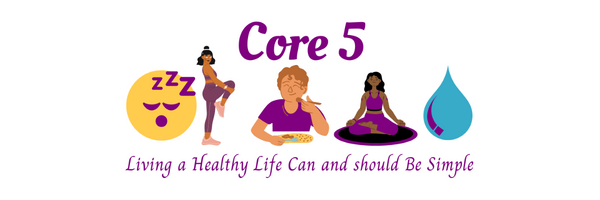Picture it: it’s a boring, rainy Sunday.
You’re chilling at home, bored out of your mind, slumped on the coach watching reruns of a TV show you’ve already seen, practically mouthing the words, but the enjoyment is gone, it’s just something to do.
You think about getting something to eat, but the fridge is all the way over there. Then a commercial starts playing with some upbeat music.
Before you know it, you find yourself on your feet, and observe that you feel physically better than just seconds ago. When your roommate/partner/friend walks in 10 minutes later, you’ve got music blaring and are dancing all around the room, with seemingly all the energy in the world!
What Happened in Your Brain?
You didn’t get an input of energy from sugar or from rest. Yet, one second you were down and out, the next moving your body like there’s no tomorrow.
When we have a thought, a specific pattern of neurons “fires” (that is, an oscillation of electricity along the length of the cell, not unlike people doing the wave in a sports stadium). All thoughts are are specific paths of (very weak) electricity moving through our brains. “I like tacos” is one path. “I wonder what the weather is like today?” is a different path.
Since we have thoughts all the time our brain is always firing somewhere, and rhythms from music can impact the frequency of this firing, which can impact our energy, emotional state, attitude, and outlook.
Benefits of Music
Music can reduce stress, blood pressure, perception of pain, and can benefit our mood, sleep quality, concentration, and energy. It can also release neurotransmitters like dopamine.
A study out of UWashington showed that rhythmic light and sound therapy had underachieving college students achieve better grades by improving their concentration.
According to UTexas researcher Harold Russel, “For most of us, the brain is locked into a particular level of functioning. If we ultimately speed up or slow down the brainwave activity (my addition: brainwave activity = frequency of neuronal firing), then it becomes much easier for the brain to shift its speed as needed.”
Think about the significance of rhythmic sound in religious ceremonies to induce trance states, or how certain movie soundtracks or funeral songs can impact your mood. Think how the music at spin class may play electronic dance music while a yoga session will have something much calmer with far fewer beats per minute.
Conclusion: rhythmic stimuli can alter mental states in predictable ways. When we understand our biology, our physical mechanisms, it can empower us and make us feel more in control of our existence. Like driving a car, we just need to know the basics to use knowledge to our advantage – there’s no need to understand the physics of a combustion engine if you want to drive up the street for a carton of milk.
